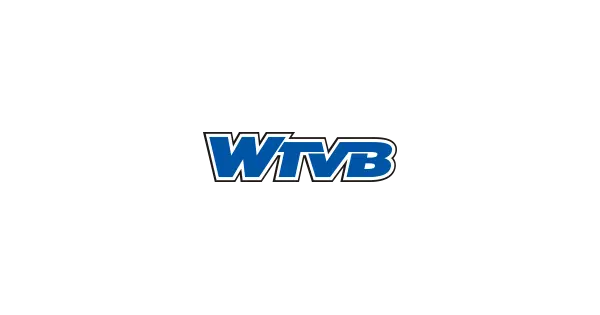
- Select a language for the TTS:
- UK English Female
- UK English Male
- US English Female
- US English Male
- Australian Female
- Australian Male
- Language selected: (auto detect) - EN
Play all audios:
The program’s didactic curriculum is primarily based on the APTA Neurologic section’s Description of Specialty Practice (DSP) which integrates didactic learning activities from the
Neurologic Certification Prep section of MedBridge, journal clubs, NCS reviews, lunch and learns, case studies and assigned webinars. Clinical mentoring will occur weekly with faculty in
each of the clinical practice settings which include but are not limited to Acute Care Medical/Surgical/ICU, Polytrauma/TBI, Neurologic Gait and Balance, Spinal Cord Injury, and Vestibular.
It is estimated that approximately 30-32 hours a week will be dedicated to clinical practice with the remaining hours available for educational experiences such as journal clubs, scholarly
activity, teaching opportunities, interprofessional experiences, observation in specialty clinics, and mentoring doctoral physical therapy students. Mentoring: Varied and dependent on the
clinical setting. Formal clinical mentoring will be performed weekly with direct resident supervision, assistance, and feedback to enhance clinical practice for an average of 3 hours a week.
Scholarly Activity A scholarly activity in the form of contribution to the physical therapy evidence will be performed by each resident. Examples include but are not limited to case
studies, case series, literature reviews, or program development strategies. The scholarly activity will consist of a written paper and a poster presentation given during a formal
hospital-wide annual Physical Medicine and Rehabilitation Research Day. Opportunities to publish or submission for conference poster presentations will be given as needed/desired by
individual residents. Journal Clubs Each resident will be responsible for participation in monthly journal clubs. These department-wide meetings are opportunities for residents to explore
current evidence and develop case-based presentations. These will be presented to the resident faulty, mentors, and staff for development of case-based critical literature appraisal and
public speaking skills. Lunch and Learns Each resident will be responsible for participation and leading biweekly lunch and learn discussions. These meetings are performed in conjunction
with the online learning assigned in MedBridge, webinars and case studies to facilitate discussion for examination, evaluation, differential diagnosis, and treatment of various neurologic
specific topics.








